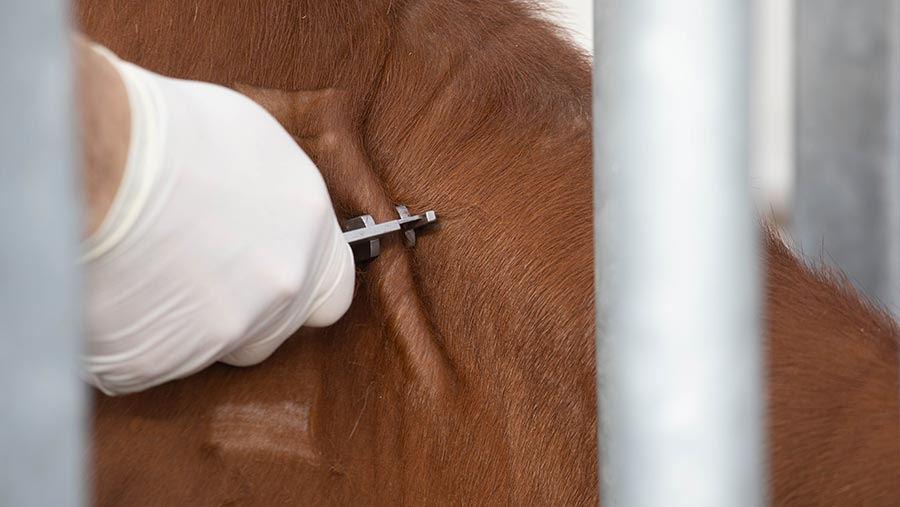Bovine TB cattle slaughterings in England lowest in 15 years
 © Tim Scrivener
© Tim Scrivener The number of cattle slaughtered due to bovine TB in England is at its lowest level for 15 years, according to (new official statistics PDF).
Between April 2022 and March this year, 20,228 TB-infected cattle were compulsorily slaughtered in England, a drop of 24% from the previous year.
This is the fewest slaughters over a 12-month period since 2008.
See also: 5 ways to improve TB control in the UK
In Wales, the number of TB-infected cattle slaughtered was 9,585, a 5% decrease.
In Scotland, which has been officially TB free since October 2009, there were 766 TB-infected cattle slaughtered, a 43% year-on-year rise.
But officials from the Animal and Plant Health Agency (Apha) played down the significance of this increase, explaining the majority of these cases were in Ayrshire, where a movement of infected cattle resulted in several breakdowns.
Over 12 months to the end of March 2023, the number of new herd incidents decreased by 7% in England (2,903 to 2,712) and decreased by 2% in Wales (635 to 620). But Scotland recorded a 52% increase year-on-year from 25 to 38 cases.
In England, there were 1,991 herds under restriction due to a TB incident at the end of March 2023, a 16% decrease on the year (2,371 herds in March 2022), driven by comparable decreases in all three risk areas.
In Wales, the number of restricted herds increased by one case from 617 to 618.
Defra policy is to achieve TB-free status for England by 2038, and Welsh government policy is to achieve TB-free status between 2036 and 2041.
Industry reaction
Industry leaders have welcomed the latest TB data, especially for England, which show the figures are headed in the right direction.
Neil Shand, chairman of the National Beef Association, said: “At last, TB policy appears to be working in England. The data suggest far fewer farms are affected.
“This also suggests the badger culling policy is working very well. Although Defra plans to phase out culling and replace it with vaccination of cattle and badgers, I believe it’s imperative it retains the right to carry out reactive culling in areas where it can be shown there is a reservoir of infection in wildlife.
“I’m also encouraged that Defra secretary Therese Coffey pledged at the Royal Cornwall Show that her department will follow the science and continue to cull badgers if this works to tackle this awful disease.”
Gloucestershire beef farmer David Barton, who is a member of the TB Partnership, said the figures showed what a genuine partnership between Natural England, Defra, Apha and farmers can achieve.
“It is good to know that all the hard work put in by many farmers over recent years has seen such success,” he said.
But he added: “There is still much work to do to reach our goal of disease eradication. Going forward, I believe partnership and shared governance will be key to success.”
